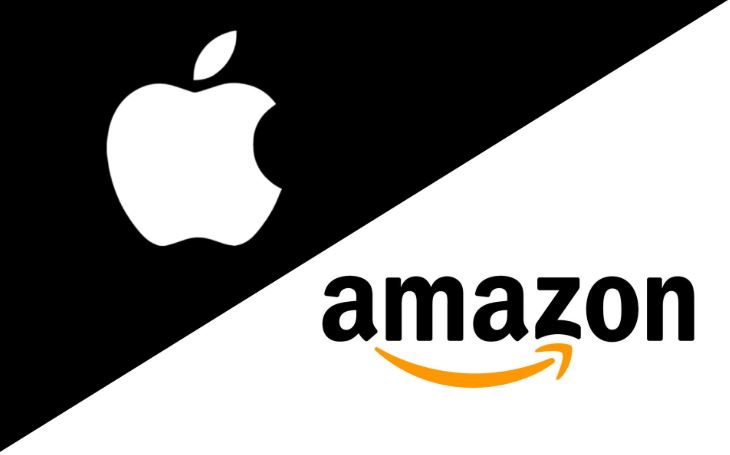×
The Standard e-Paper
Kenya’s Boldest Voice

In early September, Amazon’s market value briefly went over Sh100 trillion ($1 trillion, just over a month after Apple became the first public company in the world to achieve such a feat.







